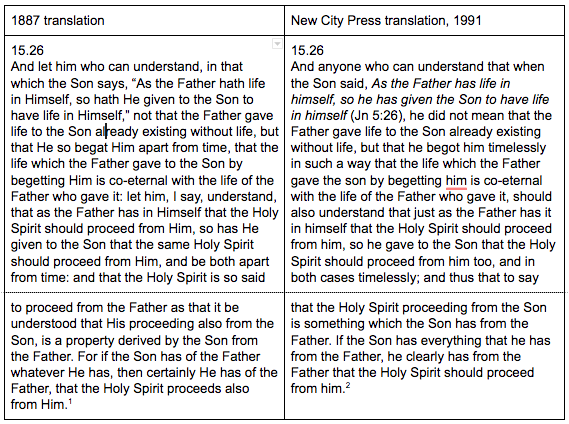 The importance of Tertullian in the development of early Christian thought and his significance for our understanding of early Christianity cannot be overestimated. Though he was certainly not the first Christian to write Latin, he is the first Christian Latin author from whom we have a major literary corpus.
The importance of Tertullian in the development of early Christian thought and his significance for our understanding of early Christianity cannot be overestimated. Though he was certainly not the first Christian to write Latin, he is the first Christian Latin author from whom we have a major literary corpus.
While he played a considerable role in shaping a Christian Latin vocabulary and provided formulae that became decisive in Western Christological reflection, it is as “witness” that his work will inspire a broadly based interest: witness in the first place to the kind of reflection current within the Church and, indeed, within forms of Christianity, such as the gnostic sects, that were thriving outside the emerging Catholic Church in the early third century; witness also to the inner life of the Church in its myriad aspects at this period; witness to the Church’s relationship to its contextual world of paganism; and, finally, witness to aspects of the pagan world itself—albeit a prejudicial witness, illuminating only those parts of that world that were germane to his themes, and then always with his own colored light.
***
This excerpt is from Christian and Pagan in the Roman Empire in Selections from the Fathers of the Church, which compiles works by three of the Church’s most formidable defenders: Tertullian, Justin Martyr, and Augustine. Explore Selections from the Fathers of the Church (3 vols.), on sale now.





